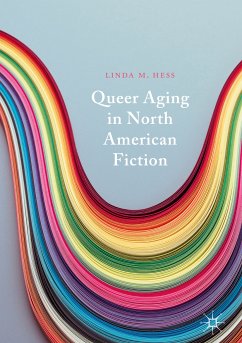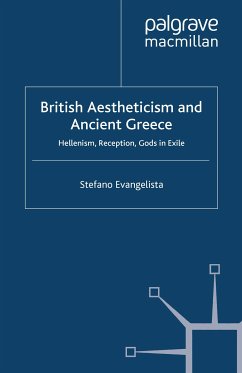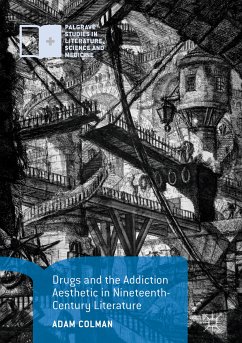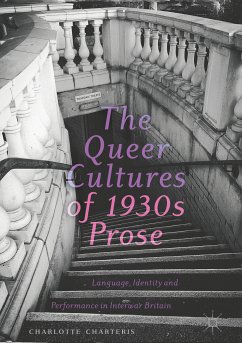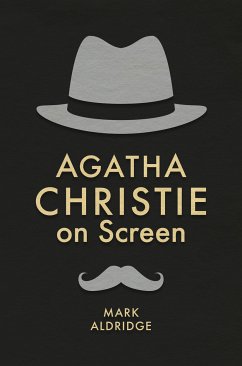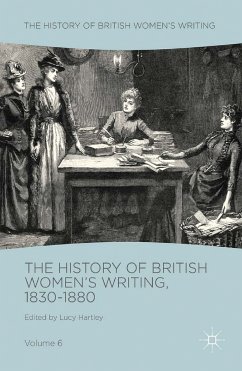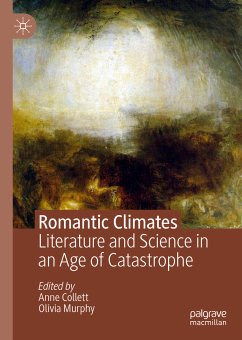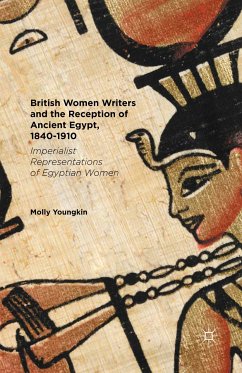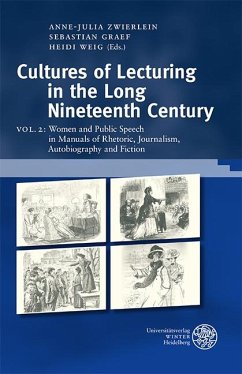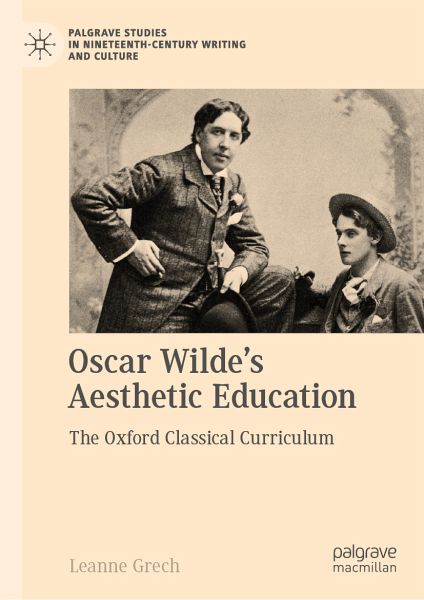
Oscar Wilde's Aesthetic Education (eBook, PDF)
The Oxford Classical Curriculum
Versandkostenfrei!
Sofort per Download lieferbar
68,95 €
inkl. MwSt.
Weitere Ausgaben:

PAYBACK Punkte
34 °P sammeln!
This book focuses on the role that the Oxford classical curriculum has had in shaping Oscar Wilde's aestheticism. It positions Wilde as a classically trained intellectual and outlines the path he took to gain recognition as a writer and promoter of the aesthetic movement. This narrative is conveyed through a broad range of literary sources, including Wilde's travel poetry, American lectures, and canonical works like 'The Critic as Artist', The Soul of Man, The Picture of Dorian Gray and De Profundis. This study proposes that Wilde approached aestheticism as a personalised, self-directed learni...
This book focuses on the role that the Oxford classical curriculum has had in shaping Oscar Wilde's aestheticism. It positions Wilde as a classically trained intellectual and outlines the path he took to gain recognition as a writer and promoter of the aesthetic movement. This narrative is conveyed through a broad range of literary sources, including Wilde's travel poetry, American lectures, and canonical works like 'The Critic as Artist', The Soul of Man, The Picture of Dorian Gray and De Profundis. This study proposes that Wilde approached aestheticism as a personalised, self-directed learning experience - a mode of self-culture - which could be used to maintain an intellectual life outside of the university. It also explores Wilde's thoughts on education and considers the significance of male friendship at Oxford, and in Wilde's life and literature.
Dieser Download kann aus rechtlichen Gründen nur mit Rechnungsadresse in A, B, BG, CY, CZ, D, DK, EW, E, FIN, F, GR, HR, H, IRL, I, LT, L, LR, M, NL, PL, P, R, S, SLO, SK ausgeliefert werden.



